
When it comes to cleaning, many people are looking for natural, eco-friendly alternatives to traditional chemical-based cleaners. Two popular options are lemon juice and vinegar, both of which are inexpensive and readily available in most households. But which one is better at getting the job done?
Lemon juice is a versatile cleaning agent that is known for its fresh scent and natural antibacterial properties. It contains citric acid, which can effectively remove dirt, grease, and stains. Lemon juice can be used to clean a variety of surfaces, including countertops, glass, and stainless steel. It can also be used as a natural disinfectant, making it a great choice for cleaning kitchen and bathroom areas.
On the other hand, vinegar is another popular natural cleaning agent that has been used for centuries. It is a mild acid that can cut through grease, dissolve mineral deposits, and remove odors. Vinegar is often used as a natural fabric softener, as well as a cleaning agent for windows, floors, and appliances. It is also believed to have antibacterial properties, although its effectiveness in killing certain types of bacteria is still a topic of debate.
Ultimately, whether you choose lemon juice or vinegar for cleaning will depend on the task at hand and personal preference. Lemon juice may be preferred when a fresh scent is desired, such as when cleaning kitchen surfaces. Vinegar, on the other hand, may be a better choice for tasks that require cutting through tough grease and mineral deposits, such as cleaning windows or bathroom fixtures. Regardless of which option you choose, both lemon juice and vinegar offer natural, eco-friendly alternatives to chemical-based cleaners.
The Power of Citrus: Lemon Juice for Cleaning
Lemon juice is a natural and effective cleaner that has been used for centuries. Its high acidity helps to dissolve dirt, grease, and grime, making it a versatile and powerful tool for cleaning.
Natural Disinfectant
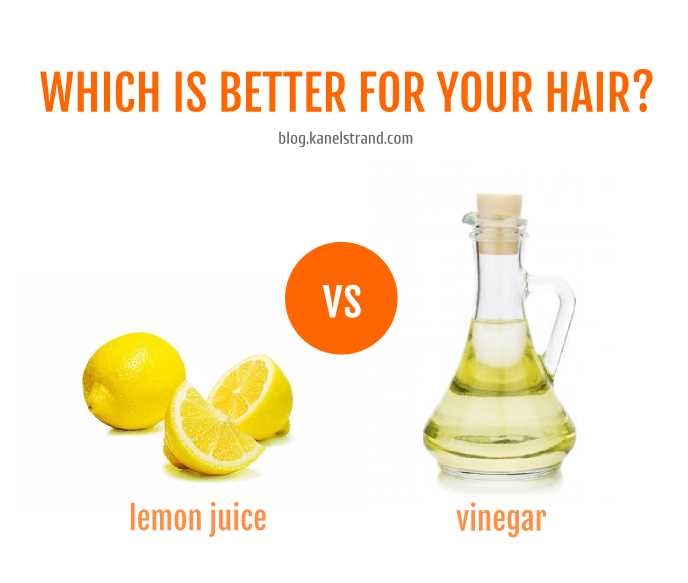
One of the main benefits of using lemon juice for cleaning is its natural disinfectant properties. The citric acid in lemon juice helps to kill bacteria and germs, making it an excellent choice for sanitizing surfaces in your home.
Fresh Fragrance
In addition to its cleaning abilities, lemon juice also leaves behind a fresh and citrusy fragrance. This natural scent can help to mask unpleasant odours in your home and create a clean and inviting atmosphere.
<h3.Versatile Cleaner
Lemon juice can be used to clean a wide variety of surfaces and materials. It is safe to use on glass, stainless steel, countertops, and even fabrics. Whether you need to remove stains, tackle grime in the kitchen, or freshen up your bathroom, lemon juice can do it all.
<h3. DIY Cleaning Solutions
There are many DIY cleaning solutions that you can make using lemon juice. For example, you can mix lemon juice with water to create a simple all-purpose cleaner. Or you can combine lemon juice with baking soda to create a powerful scrub for tough stains.
<h3. Environmental Friendly
Using lemon juice for cleaning is not only effective, but it is also environmentally friendly. Unlike many commercial cleaning products, lemon juice is non-toxic and biodegradable, meaning that it won’t harm you or the environment.
<h3. Cautionary Notes
While lemon juice is a powerful cleaner, it is important to note that its high acidity can cause damage to certain surfaces. It is not recommended to use lemon juice on marble or granite countertops, as the acid can etch and stain the surface. Additionally, lemon juice can cause fading and discolouration on fabrics and upholstery, so it’s best to test it in an inconspicuous area before using it on your furniture.
In conclusion, lemon juice is a versatile and effective natural cleaner that can be used to sanitize, freshen, and tackle a variety of cleaning tasks. Its natural disinfectant properties, fresh fragrance, and eco-friendly nature make it a great choice for those looking to clean their homes naturally.
Vinegar: A Versatile Cleaning Solution
Vinegar is a natural cleaning solution that has been used for centuries. It is a versatile cleaner that can be used in various ways and on different surfaces.
Why Use Vinegar for Cleaning?
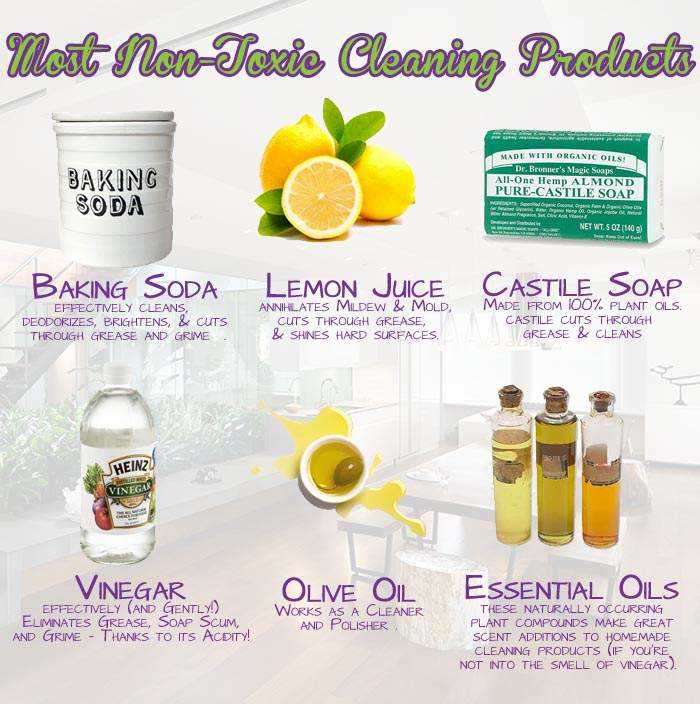
Vinegar is a popular choice for cleaning because it is non-toxic and safe to use around children and pets. It is an effective cleaner due to its acidity, which makes it great for breaking down grease, grime, and stains.
Additionally, vinegar has disinfecting properties that can help kill germs and bacteria. This makes it a great option for cleaning surfaces in the kitchen and bathroom.
How to Use Vinegar for Cleaning
Here are some ways you can use vinegar as a cleaning solution:
- All-purpose cleaner: Mix equal parts of vinegar and water in a spray bottle. This mixture can be used to clean countertops, windows, and surfaces around the house.
- Stain remover: Apply undiluted vinegar to stains on clothing or fabric. Let it sit for a few minutes before rinsing with water and washing as usual.
- Window cleaner: Mix one part vinegar with three parts water in a spray bottle. Use this solution to clean windows and mirrors for a streak-free shine.
- Tile cleaner: Create a paste using vinegar and baking soda. Apply the paste to tiles and grout, scrub with a brush, and rinse with water for clean and sparkling tiles.
Benefits of Using Vinegar for Cleaning
Using vinegar for cleaning offers several benefits:
- Environmentally friendly: Vinegar is a natural and eco-friendly cleaning solution that does not harm the environment.
- Cost-effective: Vinegar is an affordable alternative to commercial cleaning products, making it a budget-friendly option for cleaning.
- Non-toxic: Since vinegar is non-toxic, it is a safer option compared to harsh chemical cleaners.
Overall, vinegar is a versatile cleaning solution that can effectively clean various surfaces and provide a safe and eco-friendly alternative to chemical cleaners.
Effectiveness in Removing Stains and Odors
Lemon Juice
Lemon juice is known for its natural bleaching properties and its ability to remove stains. It contains citric acid, which can help break down stubborn stains and remove discoloration from various surfaces, fabrics, and materials. Lemon juice is commonly used to remove stains from fabrics, such as ink, wine, or food stains. It can also be used to clean cutting boards, countertops, and other kitchen surfaces.
In addition to its stain-removing abilities, lemon juice also has a pleasant citrus scent that can help neutralize odors. It is often used to eliminate unpleasant odors from garbage disposals, refrigerators, and other areas in the home.
Vinegar
Vinegar is a versatile cleaning agent that is effective in removing stains and odors. It contains acetic acid, which helps break down stains and remove discoloration. Vinegar can be used to remove stains from various surfaces, including countertops, glass, and fabrics. It is effective in removing stains from coffee, red wine, and even sweat stains on clothing. Vinegar is also commonly used to clean windows and mirrors.
Like lemon juice, vinegar also has the ability to neutralize odors. It can be used to remove odors from fabrics, carpets, and even pet accidents. The strong smell of vinegar dissipates quickly, leaving behind a fresh and clean scent.
Comparison
- Both lemon juice and vinegar are effective in removing stains, but lemon juice may be more suitable for delicate fabrics due to its milder acidity.
- Both lemon juice and vinegar can effectively eliminate odors, but lemon juice may be preferred for its pleasant citrus scent.
- Vinegar has a stronger smell than lemon juice, but the smell of both dissipates quickly.
Conclusion
Both lemon juice and vinegar are natural cleaners that can effectively remove stains and odors. When it comes to removing stains, lemon juice may be more suitable for delicate fabrics, while vinegar can be used on a variety of surfaces. In terms of odor elimination, lemon juice’s pleasant citrus scent may be preferred. Ultimately, the choice between lemon juice and vinegar will depend on personal preference and the specific cleaning needs.
Gentle yet Powerful: Lemon Juice’s Benefits for Delicate Surfaces
Lemon juice is not only a delicious addition to recipes, but it also has natural cleaning properties that make it a great option for cleaning delicate surfaces. From countertops to stainless steel appliances, lemon juice can help remove dirt, grime, and stains without causing damage. Here are some benefits of using lemon juice as a natural cleaner:
1. Gentle on Surfaces
One of the main advantages of using lemon juice for cleaning delicate surfaces is its gentle nature. Lemon juice is acidic, but it is much less harsh than many commercial cleaners. This makes it safe to use on materials like marble, granite, or glass without worrying about scratching or etching the surface.
2. Natural Stain Remover
Lemon juice is known for its natural bleaching properties, making it an effective stain remover. It can help remove stains from fabrics, carpets, and upholstery. Simply apply lemon juice to the stain, let it sit for a few minutes, and then rinse or blot away the stain. For tougher stains, you can mix lemon juice with a little bit of baking soda to form a paste.
3. Fresh Citrus Scent
In addition to its cleaning abilities, lemon juice leaves behind a fresh and invigorating citrus scent. Unlike some chemical cleaners that leave behind strong odors, lemon juice provides a natural and pleasant fragrance in your home.
4. Antibacterial Properties
Lemon juice has natural antibacterial properties due to its high acid content. This makes it a great choice for cleaning areas that need a little extra germ-fighting power, such as kitchen countertops or bathroom surfaces.
5. Versatile Cleaner
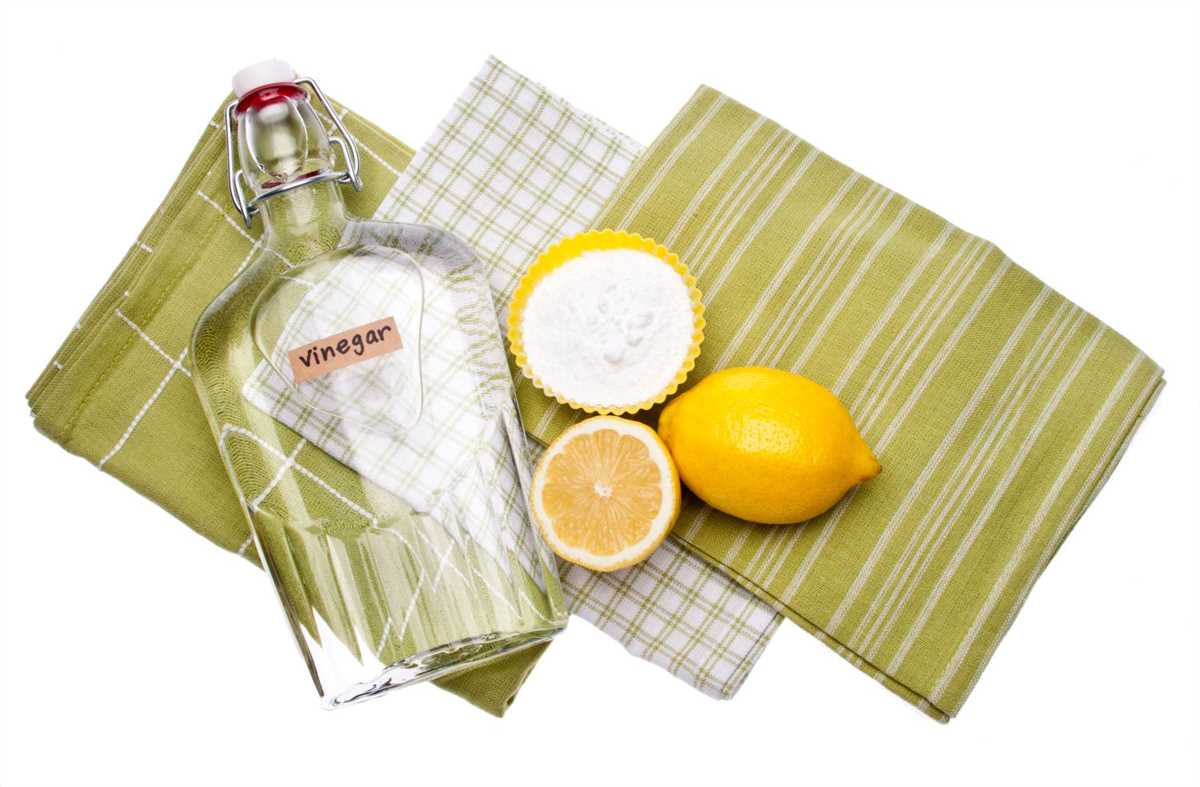
Not only is lemon juice effective for cleaning delicate surfaces, but it can also be used in a variety of other cleaning tasks. It can remove soap scum, lime deposits, and hard water stains. It can also be mixed with vinegar or baking soda to create a powerful cleaning solution for tougher jobs.
If you’re looking for a gentle yet powerful natural cleaner for delicate surfaces, lemon juice is a great option. Its natural properties make it effective at removing dirt, stains, and bacteria without causing damage. Give it a try and enjoy the fresh citrus scent that it leaves behind!
The All-Purpose Cleaner: Vinegar’s Uses in the Home
1. Cleaning Surfaces
Vinegar is an excellent all-purpose cleaner for surfaces in the home. It can be used to clean countertops, sinks, stovetops, and more. To use vinegar as a cleaner, simply dilute it with water and apply it to the surface using a spray bottle or a cloth. Its acidity helps to break down dirt and grease, leaving your surfaces clean and shiny.
2. Removing Limescale
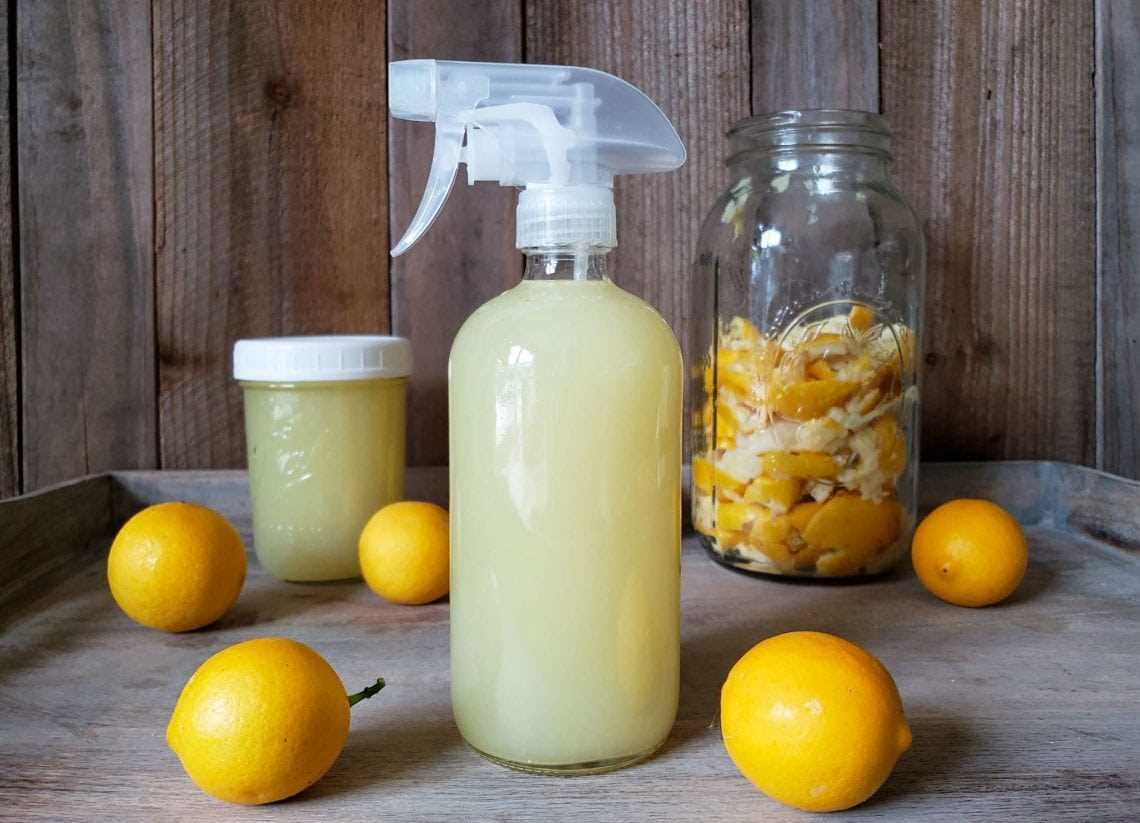
Limescale can build up on faucets, showerheads, and other bathroom fixtures over time, leaving behind a white, crusty residue. Vinegar can effectively dissolve limescale and remove it from these surfaces. Simply soak a cloth or paper towel in vinegar, wrap it around the affected area, and leave it for a few hours. Then, scrub the area with a brush or cloth to remove the loosened limescale.
3. Cleaning Glass and Mirrors
Vinegar is also great for cleaning glass and mirrors. Its acidic properties help to remove smudges, streaks, and water spots, leaving your glass surfaces sparkling clean. To clean glass with vinegar, mix equal parts vinegar and water in a spray bottle, and spray it onto the glass. Use a microfiber cloth or newspaper to wipe the glass and remove any dirt or residue.
4. Deodorizing Kitchen Appliances
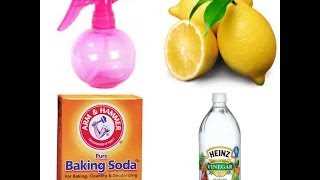
Vinegar’s natural deodorizing properties make it an excellent cleaner for kitchen appliances. It can be used to remove unpleasant odors from the refrigerator, microwave, and dishwasher. Simply wipe down the interior of the appliance with a cloth soaked in vinegar, and let it air dry. The vinegar will neutralize any lingering odors and leave your appliances smelling fresh.
5. Laundry Stain Remover
Vinegar is a versatile cleaner that can also be used to remove stains from clothes and fabrics. It is particularly effective in removing stubborn stains such as coffee, wine, and sweat. To use vinegar as a stain remover, pour undiluted vinegar directly onto the stain, and let it sit for a few minutes. Then, rinse the fabric with cold water and wash it as usual. Vinegar’s acidic properties help to break down the stain and remove it from the fabric.
6. Natural Air Freshener
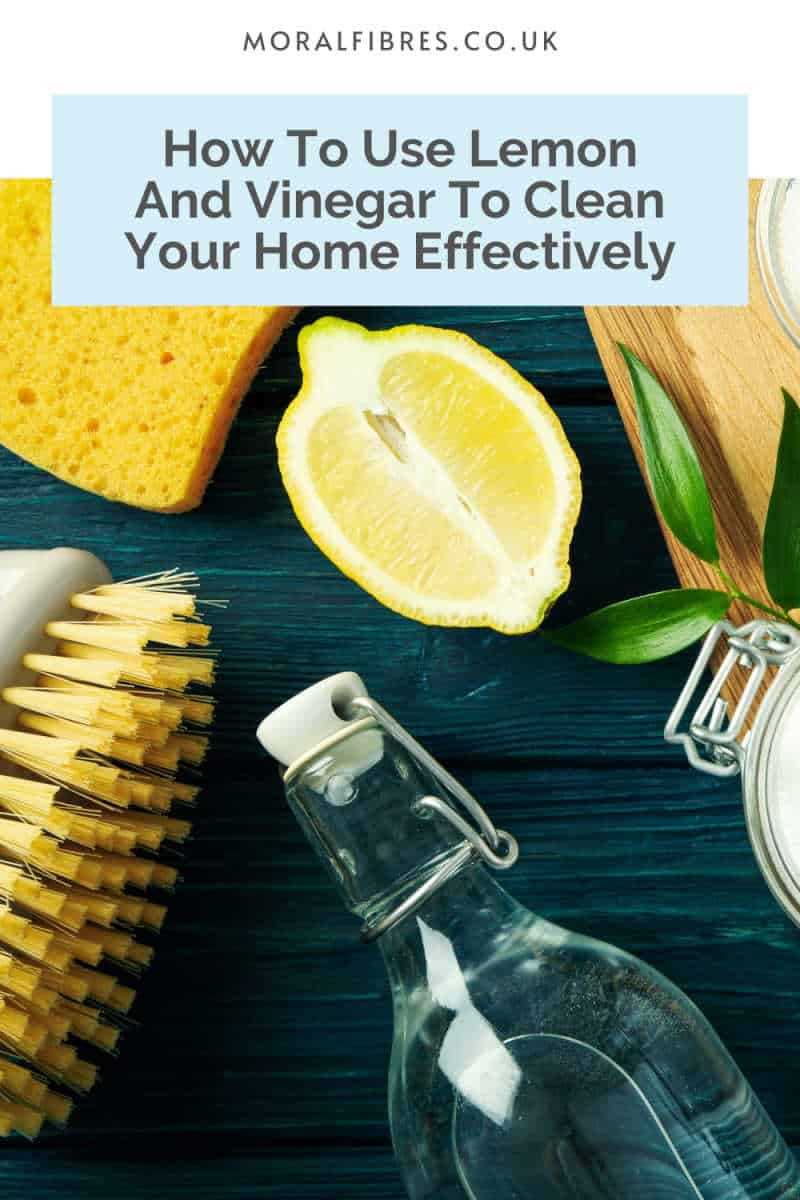
Lastly, vinegar can be used as a natural air freshener in your home. By mixing vinegar with water and adding a few drops of essential oil, you can create a refreshing air freshener spray. Simply spray the mixture into the air or onto fabrics to eliminate odors and leave a pleasant scent behind.
In conclusion, vinegar is a versatile and effective all-purpose cleaner for various surfaces and items in the home. Its acidity helps to break down dirt, remove stains, and neutralize odors, making it a natural and eco-friendly cleaning solution.
FAQ
What are the advantages of using lemon juice as a natural cleaner?
Lemon juice has natural antibacterial properties and a fresh scent, making it an effective and pleasant-smelling cleaner. It can also help remove stains and cut through grease.
Is vinegar a better natural cleaner than lemon juice?
Both lemon juice and vinegar have their own cleaning properties, so it really depends on the specific cleaning task. Vinegar is a great all-purpose cleaner and disinfectant, while lemon juice is particularly effective at removing stains and cutting through grease.
Can lemon juice be used to clean kitchen countertops?
Yes, lemon juice can be used to clean kitchen countertops. Its natural antibacterial properties can help kill germs, and it can also remove stains and cut through grease effectively.
Can vinegar be used to remove tough stains?
Yes, vinegar can be used to remove tough stains. Its acidic nature helps break down and dissolve many types of stains, making them easier to remove. However, for certain types of stains, such as ink or red wine, other specialized stain removers might be more effective.
Which natural cleaner is more effective for cleaning windows, lemon juice or vinegar?
Both lemon juice and vinegar can be effective for cleaning windows. However, vinegar is often preferred because it does not leave behind a sticky residue like lemon juice can. Diluted vinegar can help remove dirt, smudges, and fingerprints, leaving your windows sparkling clean.
Do lemon juice and vinegar have any side effects when used as cleaners?
Lemon juice and vinegar are generally safe to use as cleaners. However, it’s important to note that vinegar should not be used on certain surfaces, such as marble or granite countertops, as it can cause damage. Lemon juice, on the other hand, can potentially bleach or lighten certain materials when exposed to sunlight, so caution should be taken when using it.
Can lemon juice and vinegar be used together as a cleaning solution?
Yes, lemon juice and vinegar can be combined to create a powerful natural cleaning solution. Mixing equal parts of lemon juice and vinegar can enhance their cleaning abilities and create a fresh scent. This solution can be used for various cleaning tasks, such as removing stains, deodorizing, and disinfecting.












